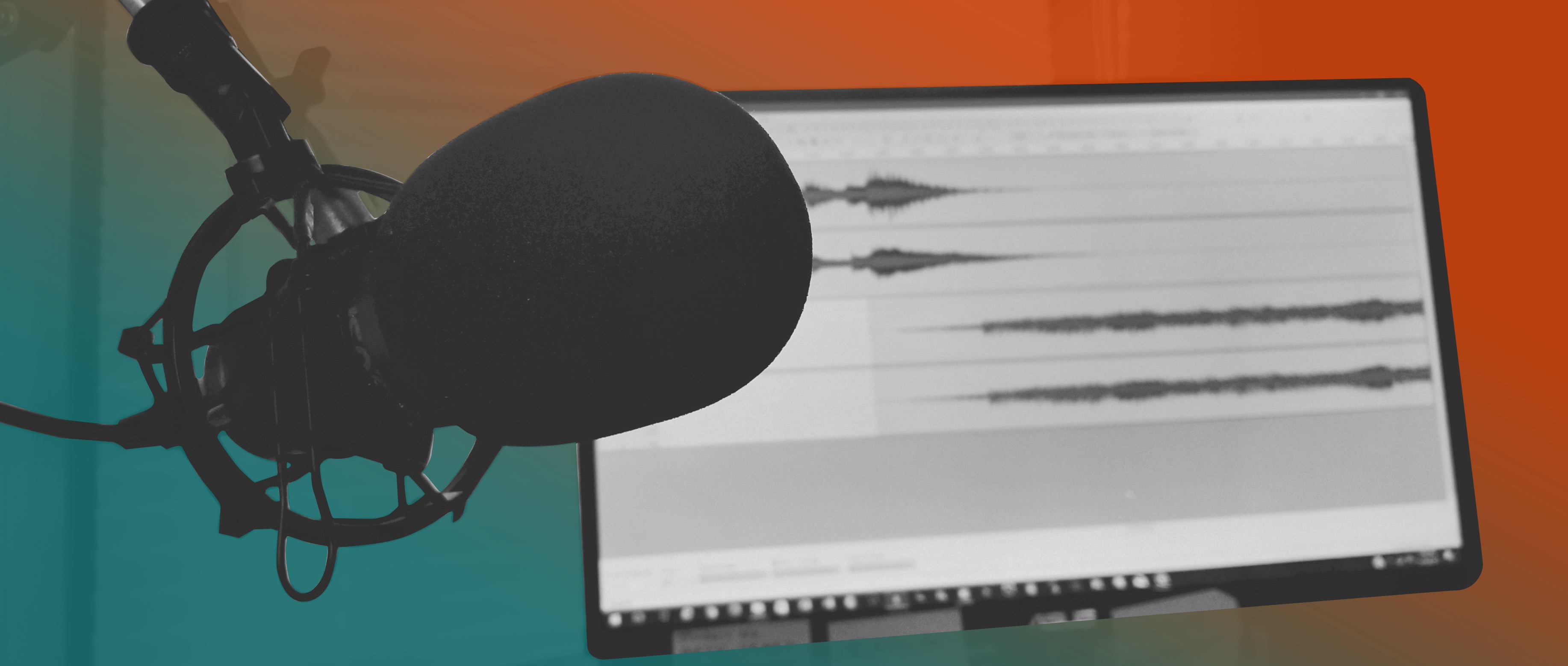Digital Audio Workstations, or DAWs, are the primary tool of sound recording today and have widened the window of opportunity for the creation of music, bringing it inside our homes. So, the eternal battle begins: which DAW is the best?
The Battle of The Big Three
Over the past few years, DAWs have gotten better than ever, and with so much competition it’s sometimes frustrating to decide which one is the absolute best. It’s important to understand that, in the end, it all comes down to personal preference and your style of work.
That being said, 3 DAWs have been subject of debate and comparisons for many years and are considered the top 3 best workstations: Pro-Tools, Logic Pro X and Ableton Live.
How do I Choose?
The simple answer is to try them all and see which one you like best. But in reality, there some things you must consider before investing your money.
Mac or PC?
This is the first question you want to ask yourself. If you own a PC/Windows, your choices are narrowed. While Pro Tools and Ableton run on both (although Mac seems to be recommended by most users), Logic runs exclusively on Mac.
Pro-Tools
This is the industry standard, used in most professional studios. Its interface is a little overwhelming, especially if you’re just starting to use DAWs. But when it comes to professional mixing and editing, Pro Tools is the highest standard you can achieve. It provides users with the necessary tools that have been maximized to be able to make music of all types and genres as well as soundtracks and much more. Warning: Pro Tools prices are not for everyone, and depending on your needs, prices oscillate from 279$ for a 1-year subscription (which stops working after the year is over unless you renew) all the way to 899$ for a perpetual license. Definitely not the cheapest solution out there. You can check out the details on prices here: https://www.avid.com/audio-recording-software
Logic Pro X
This DAW is arguably the most complete Mac-specific recording software you can buy, not to mention one of the longest serving. Credit where credit’s due: Logic’s stock virtual instruments and effects plugins dwarf any other DAW. With a vast array of software synths built into it and very good compressors, EQs and reverb devices (considering they come with the program itself) and more than 7,000 loops to choose from, Logic is a great option. In addition, Logic features a virtual Drummer that allows you to build drum patterns based on genre, feel and frequency of drum set elements. Sometimes it can become unintuitive, and some features may seem to be missing or harder to find or figure out than other DAWs, which happens especially if you come from Ableton Live. However, with a price tag of only 199$, all included features considered, Logic is hard to beat. The biggest con is that you have to own a Mac to use it, and that’s where you’ll really break the bank.
Ableton Live
Often the DAW preferred by EDM producers, this DAW was designed with this genre and live DJ’ing in mind, though it doesn’t mean you cannot produce killer tracks for other genres. One of Ableton’s coolest feature is its sampler, which allows you to switch sounds in seconds so you can get drum pattern ideas out quickly. Another cool feature is its super quick “Reverse” function (which allows you to reverse any audio to create original sounds) and its incredible automatic warp. This DAW is intuitive if you begin with it, but confusing if you come from interfaces such as Logic or Pro Tools (which are very similar in this matter). One of the things that makes Ableton unique is its Sessions View: a non-linear workspace that allows you to jam ideas by triggering loops of audio or MIDI. This makes it perfect for live performances, hence the name. That being said, Ableton falls short in the advanced editing and mixing features you would find in other DAWs. Another con is its price. The DAW comes in in three editions: Intro (very limited), Standard and Suite which cost 79$, 349$ and 599$ respectively.
Remember: this is just an overall view of these DAWs. There are many others available and, in the end, it doesn’t really matter which one you choose as long as you are comfortable and as long as you are able to create music that inspires you as well as others.


